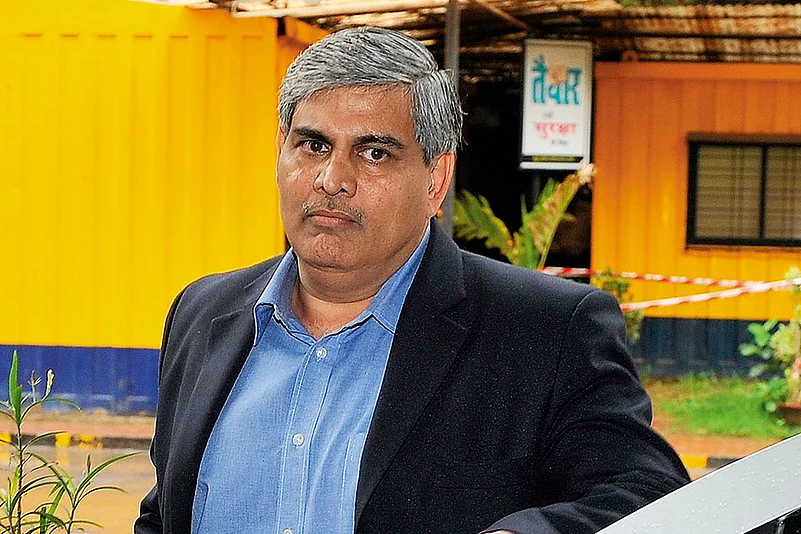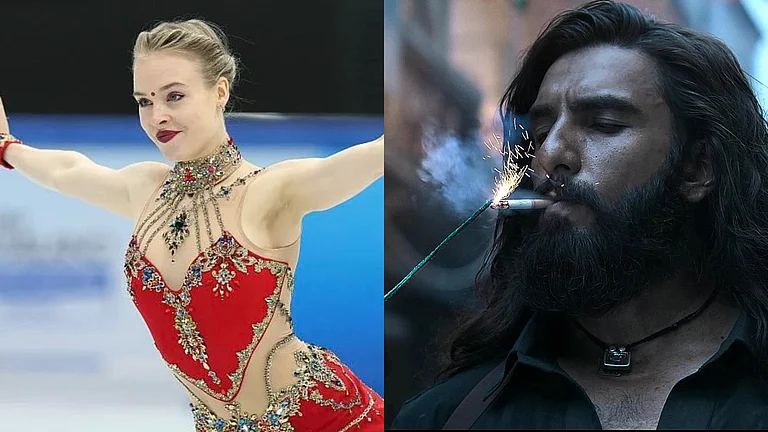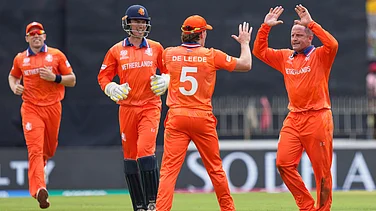On May 12, when Shashank Manohar was elected ICC chairman, opinion was divided in BCCI circles: had he achieved a minor feat by becoming the first to be elected to the post for a second term, or had he been ‘selfish’ in running away when the board is in trouble in the courts?
To be sure, there was something to brag about Manohar’s being elected just two days after he had resigned as BCCI chief with 16 months still left in his term, but such is the apprehension over what is in store in the SC, that the excitement quickly abated in favour of plain circumspection.
Manohar has made it clear that under the amended ICC constitution, the ICC chairman could no more hold any position in any national cricket board. But, sotto voce, some are questioning if ‘Mr Clean’ should have resigned from the BCCI in the middle of a crisis.
His friends say Manohar was ‘frustrated’ and ‘disenchanted’ with the prolonged 2013 IPL betting-fixing case, which lies at the heart of the ongoing arguments in the SC over the implementation of the Lodha committee recommendations for BCCI’s reforms.
As the son of a well-known lawyer, he probably saw the writing on the wall. Possibly, he also saw the future—how the BCCI would look like if all the recommendations were to be implemented in toto. It is also possible that he thought he would be reduced to a figurehead. Manohar’s admission to Mid-Day after resigning does express extreme disconfort. “I could not work in the present scenario.... I can say I have been forced to resign.... I wanted to run it on my terms and conditions. I didn’t want my image to be spoiled, I didn’t wish to run the board with others’ influence,” he said.
Prakash Dixit, president of the Vidarbha Cricket Association and a close confidant of Manohar, defends his friend’s decision. “He didn’t resign from the BCCI because he was aspiring for the ICC chair. He is not the kind of man who will run after the chair,” the Nagpur-based Dixit told Outlook. “When he took the BCCI’s reins he was very enthusiastic about doing so many things. But the way things are moving in courts, he completely lost his enthusiasm. He thought if things are moving like that it was better to keep away from the BCCI. And there a number of people who would not take interest now,” said Dixit.
Ajay Shirke, president of the Maharashtra Cricket Association and a friend of Manohar as well as of his father, concurs with Dixit that it is more of a personal choice. “It’s unfortunate that we’ve lost a very senior and very experienced administrator who would have been of immense help. In my opinion, especially after the SC judgment comes, he would’ve had time to implement the judgement,” Shirke told Outlook. “Just because he has taken a decision to leave the board does not wipe out all the good work that he has done. The BCCI has been left unprepared for it, whether poorer or the same or richer, time will tell.”
Manohar’s detractors, on the other hand, are calling him ‘selfish’, alleging that he left the BCCI for personal gain. Not just that, some people are blaming him for depriving the BCCI of its rightful, much enhanced share from ICC revenues, and rather uncharitably point to him indulging in a quid pro quo deal—ICC chairman’s post in exchange of a more equitable share among all ICC full-member countries.
Former Goa Cricket Association president Shekhar Salkar has charged Manohar of causing a Rs 1,000 crore annual loss to Indian cricket. He said this pointing to Manohar’s decision to reverse a formula that ensured a lion’s share for the BCCI, Cricket Australia and England and Wales Cricket Board from the ICC revenues. That formula was put in place by Manohar’s predecessor at the ICC and his bete noire, N. Srinivasan.
Salkar doesn’t explain from where he got that figure, especially as the ICC is yet to formally announce the new formula of revenue sharing. Manohar joined the Vidarbha Cricket Assocation as an executive committee member in 1983 and went on to become its president, first from 1997 to 1999, and then from 2001 to 2009. He is said to have never accepted BCCI’s handsome allowances for attending meetings that officials are entitled to. That is just one of the USPs of Manohar, who keeps a low profile at all times.


























